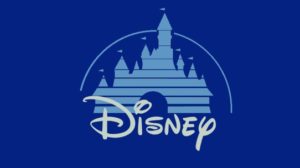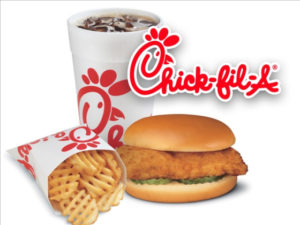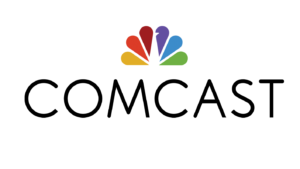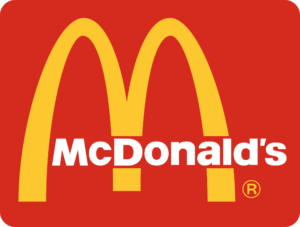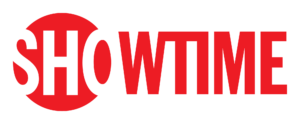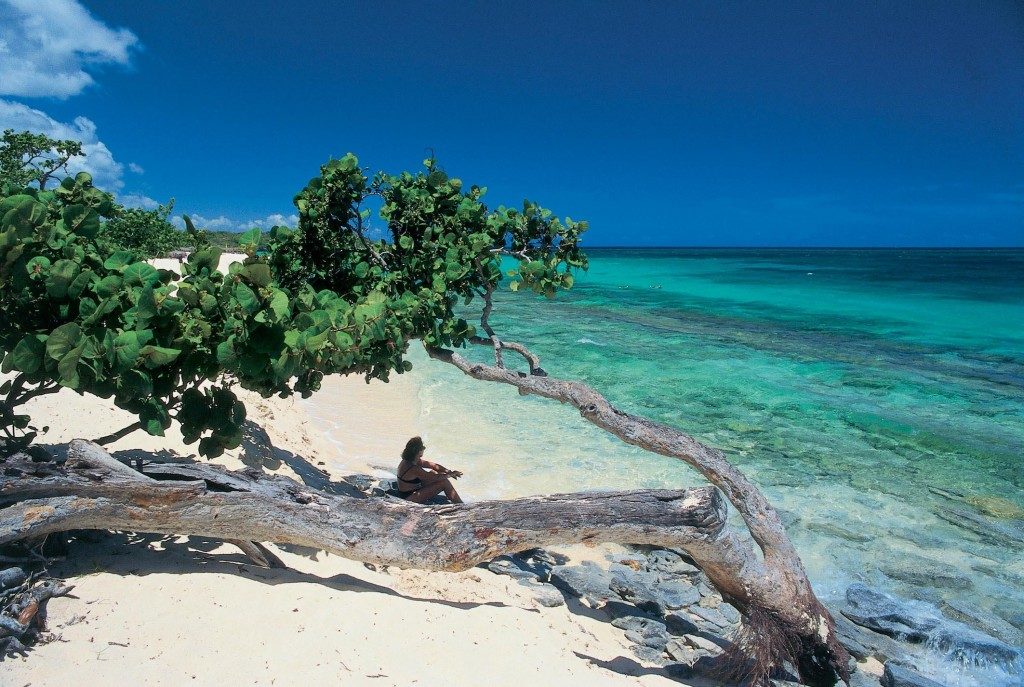The policy of rapprochement with Cuba promoted by the administration of President Barack Obama has unleashed a frenzy in U.S. companies rushing to register their marks in the island.
The Cuban of the Industrial Property Office (OCPI), the State body that examines and gives the registers of trademarks and brand names on the island, received in that far this year more than 1,000 applications to register trademarks and distinctive signs belonging to American companies. The number represents more than double that in 2015, and far exceeds the year prior to the meltdown. According to Reuters, in 2014 just 78 brands of US were recorded on the island.
Brands like Netflix, Hershey’s and Twitter were recorded during the year 2015. General Motors recorded its Camaro, Tahoe, Cruze and Buick brands among many others. Chrysler did the same with his Compass, Charger and Challenger models. Several restaurant chains like Chick-fil-A, Outback Steakhouse, Bonefish Grill and IHOP also recorded their marks.
Disney, Taco Bell, Uber and Starbucks, Chevron, Domino’s and Bank of America, Apple and Microsoft, are some of the names listed in the records of the OCPI in 2016. MGM Resorts International, Las Vegas Casino Empire, registered its brand in Cuba in January 2016. Go Pro, Fossil and Abbott, in August. Instagram and Persicope were recorded in June.
Some media, including MTV, Showtime, Dish Network, Comcast, Bloomberg, CBS and Univision have also registered their brands on the island where the television is a State monopoly that plays movies and American series without paying copyright.
In addition to the trademarks of the OCPI, others are recorded under the Madrid Protocol, an international treaty to which Cuba is a signatory. To date, Cuba has more than 6,000 U.S. companies marks on his record, according to a note from the Cuban Foreign Ministry.
“They are brands that have not been marketed in Cuba and now they see an opportunity,” said Morales, who said that before the restoration of relations with the US, the interest of investors in Cuba was “very poor”.
Emilio Morales, President of the Havana Consulting Group said.
Cuba is a jurisdiction which applies the principle of “first in register”, by which anyone can register a trademark that has not been registered previously. In addition to the examination of the OCPI, the application is published for two months for review.
In order to protect their intellectual property, some companies have registered their trademarks in Cuba for decades, renewing the registration every 10 years as they establish Cuban laws and signing up new brands when these arise. McDonald, for example, has registered its trademark in Cuba since 1985, but in 2015 requested to register the Mccafe.
“Rescue” a brand is much more expensive than protect it, said Campbell. In Cuba, the cost of registering a mark round the $1,500: approximately $300 charged by the Government, more legal fees. However, in the event of litigation that would cost much more. An American company whose brand has been registered in Cuba by another person must prove their ownership.
After the announcement of the restoration of relations, some have tried to register on the island marks that do not belong to them. Several reports indicate that last year a resident Cuban lawyer in the U.S. requested register 65 U.S. brands, including some known as Chase, NFL and Jetblue.
Apparently none of the marks in question was awarded to the petitioner. In August, JetBlue became the first U.S. airline in regular make a commercial flight to Cuba in more than 50 years.
Robert Muse, a Washington lawyer with vast experience in the laws of the United STATES regarding Cuba, said that with the new regulations by the administration of President Obama, the road is open so that companies start to operate on the island.
“I do not see any legal impediment so that, for example, Starbucks open a store in Havana”, said Muse, who explained that the new measures allow the physical presence of American companies in Cuba, hire Cuban citizens and export agricultural products to Cuba.
“Under the new regulations, Starbucks could rent a local, hire Cuban workers and selling their coffee in Cuba,” said Muse, although he added that “Cuba is a tough nut to crack”.
But according to Morales “the Cuban side is which puts the impediment”. “I believe that the strategy will be to press the Cuban Government to move forward,” he said.
Agencies/NuevoHerald/Abel Fernandez/Christiane Campbell / Internet Photos / Excerpts/Arnoldo Varona / TheCubanHistory.com
THE CUBAN HISTORY, HOLLYWOOD.
CONSIDERABLE AUMENTO EN LOS REGISTROS DE MARCAS DE EEUU EN CUBA.
La política de acercamiento con Cuba impulsada por la administración del presidente Barack Obama ha desatado un frenesí en las compañías estadounidenses apresurándose a registrar sus marcas en la isla.
La Oficina Cubana de la Propiedad Industrial (OCPI), la entidad estatal que examina y otorga los registros de marcas y nombres comerciales en la isla, recibió en lo que va de año más de 1,000 solicitudes para registrar marcas y signos distintivos pertenecientes a compañías estadounidenses. El número representa más del doble que en el 2015, y supera con creces el año previo al deshielo. Según Reuters, en el 2014 apenas 78 marcas de EEUU se registraron en la isla.
Durante el 2015 se registraron marcas tan conocidas como Netflix, Hershey’s y Twitter. General Motors registró sus marcas Camaro, Tahoe, Cruze y Buick, entre muchas otras. Chrysler hizo lo mismo con sus modelos Compass, Charger y Challenger. Varias cadenas de restaurantes como Outback Steakhouse, Chick-fil-A, Bonefish Grill y IHOP también registraron sus marcas.
Disney, Taco Bell, Uber y Starbucks, Chevron, Domino’s y Bank of America, Apple y Microsoft, son algunos de los nombres que figuran en los registros de la OCPI del 2016. MGM Resorts International, el imperio de casinos de Las Vegas, registró su marca en Cuba en enero del 2016. Go Pro, Fossil y Abbott, en agosto. Instagram y Persicope fueron registradas en junio.
Algunos medios de difusión, entre ellos MTV, Showtime, Dish Network, Comcast, Bloomberg, CBS y Univision también han registrado sus marcas en la isla donde la televisión es un monopolio estatal que reproduce películas y series estadounidenses sin pagar por derechos de autor.
Además de las marcas registradas por la OCPI, otras se registran bajo el Protocolo de Madrid, un tratado internacional del que Cuba es signataria. Hasta la fecha, Cuba tiene más de 6,000 marcas de compañías estadounidenses en su registro, de acuerdo con una nota de la cancillería cubana.
“Son marcas que no se han comercializado en Cuba y ahora ven una oportunidad”, dijo Morales, quien señaló que antes del restablecimiento de las relaciones con EEUU, el interés de los inversionistas en Cuba era “muy pobre”.
comentó Emilio Morales, presidente del Havana Consulting Group.
Cuba es una jurisdicción donde rige el principio de “primero en registrarse”, por lo que cualquier persona puede registrar una marca que no se haya inscrito previamente. Además del examen de la OCPI, la solicitud se publica durante dos meses para su revisión.
En aras de proteger su propiedad intelectual, algunas compañías han registrado sus marcas en Cuba por décadas, renovando el registro cada 10 años como establecen las leyes cubanas e inscribiendo nuevas marcas cuando estas surgen. McDonald, por ejemplo, ha registrado sus marcas en Cuba desde 1985, pero en el 2015 solicitó registrar el McCafé.
“Rescatar” una marca es mucho más costoso que protegerla, explicó Campbell. En Cuba, el costo de registrar una marca ronda los $1,500: aproximadamente $300 que cobra el gobierno, más los honorarios de asesoría legal. Sin embargo, en caso de litigio costaría mucho más. Una compañía estadounidense cuya marca haya sido registrada en Cuba por otra persona deberá demostrar su titularidad.
Después del anuncio del restablecimiento de las relaciones, algunos han intentado registrar en la isla marcas que no les pertenecen. Varios reportes indican que el año pasado un abogado cubano residente en EEUU solicitó registrar 65 marcas estadounidenses, entre ellas algunas reconocidas como Chase, NFL y Jetblue.
Aparentemente ninguna de las marcas en cuestión fue otorgada a ese peticionario. En agosto pasado, JetBlue se convirtió en la primera aerolínea estadounidense en realizar un vuelo comercial regular a Cuba en más de 50 años.
Robert Muse, un abogado de Washington con vasta experiencia en las leyes de EEUU respecto a Cuba, dijo que con las nuevas regulaciones impulsadas por la administración del presidente Obama, el camino está abierto para que las compañías comiencen a operar en la isla.
“No veo ningún impedimento legal para que, por ejemplo, Starbucks abra una tienda en La Habana”, dijo Muse, quien explicó que las nuevas medidas permiten la presencia física de las compañías estadounidenses en Cuba, contratar ciudadanos cubanos y exportar productos agrícolas a Cuba.
“Bajo las nuevas regulaciones, Starbucks podría rentar un local, contratar empleados cubanos y vender su café en Cuba”, dijo Muse, aunque añadió que “Cuba es un hueso duro de roer”.
Pero según Morales “la parte cubana es la que pone el impedimento”. “Creo que la estrategia será presionar para que el gobierno cubano se mueva hacia adelante”, dijo Morales.
Agencies/NuevoHerald/Abel Fernandez/Christiane Campbell/ Internet Photos/ Excerpts/Arnoldo Varona/ TheCubanHistory.com
THE CUBAN HISTORY, HOLLYWOOD.



